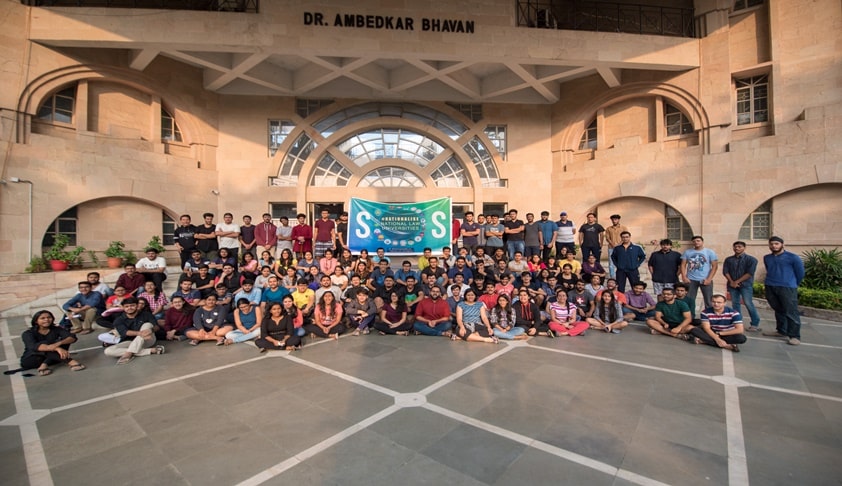The National law University (NLU) Student Consortium—comprising student body representatives of all National Law Universities— has issued a statement reiterating its demand for nationalisation of all NLUs and for grant of ‘Institutes of National Importance’ status to them.“On this twenty-sixth day of November (70th National Law Day) we, the students of all the NLUs, renew and...

